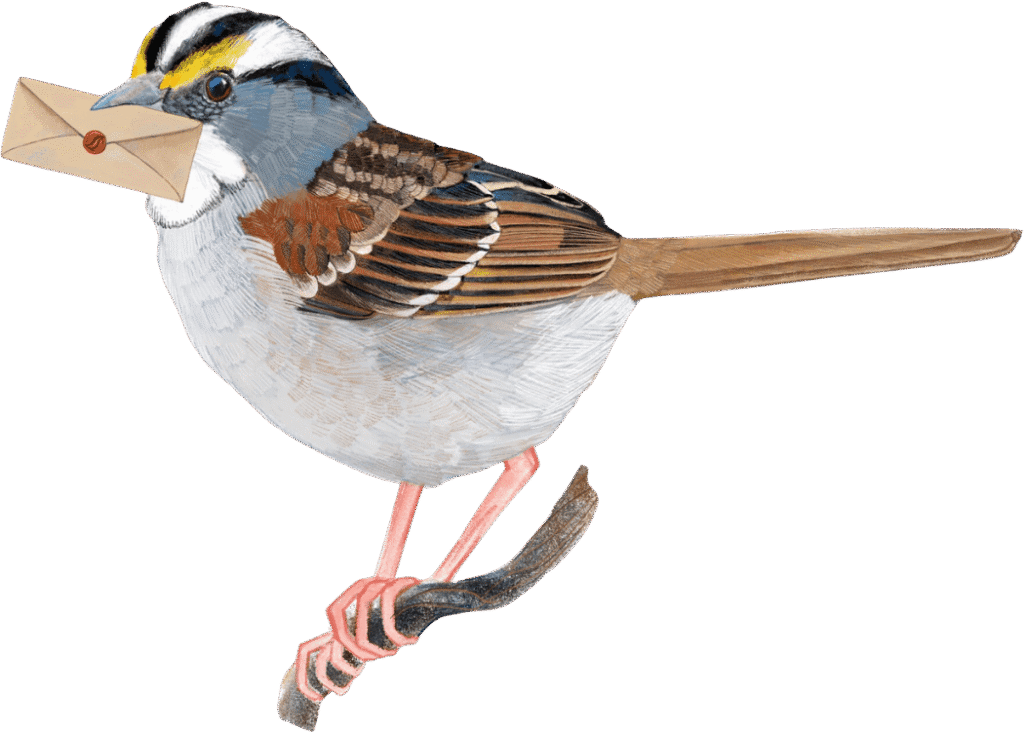Ecologists Meet to Advance Vernal Pool Conservation

Workshop participants enjoy some time in the field.
In late-Oct., the Vermont Center for Ecostudies hosted a one-day regional workshop in Smyrna, Delaware to introduce the Vernal Pool Data Cooperative (VPDC) to potential cooperators in the Mid-Atlantic region and provide a forum for their participation in its development. This very productive meeting attracted 24 ecologists from six Mid-Atlantic States, plus Washington, DC, who provided rich input on data management, framework development, and refinement of a geospatial model to remotely sense vernal pools being developed by the University of Vermont Spatial Analysis Lab. In addition to promoting participation in the Vernal Pool Data Cooperative, invited speakers offered presentations on three examples of statewide vernal pool mapping initiatives (NJ, PA, and VT), as well as an overview on the model being developed by UVM to identify potential vernal pools using Light Detection and Ranging (LiDAR) technology and object-based image analysis. Questions and feedback revealed considerable interest in using VPDC products to launch/focus similar efforts, particularly in Maryland and on public lands in Fairfax County, VA, while at least nine agencies/organizations expressed interest in some level of participation in data sharing with the VPDC.

Exploring a Delmarva Bay in eastern Delaware.
The workshop culminated with a 2-hour field trip to visit several Delmarva Bays (ephemeral pools that occur on the coastal plain of DE, MD, and VA). The field trip, led by Jim White, co-author of Amphibians and Reptiles of the Delmarva Peninsula, gave us New Englanders a good sense of where Delmarva Bays occur and what they look like. On the edge of one recently flooded pool, a female Marbled Salamander was located beneath a log. This fall-breeding species (whose northern range limit is just south of Vermont) deposits eggs in dry pool basins in Sept. and Oct. Females remain with their eggs until autumn rains flood the basin, at which time they migrate to forested uplands to overwinter. The eggs hatch soon after the pools flood, giving the larvae a significant head start on spring-breeders.

A Marbled Salamander (Ambystoma opacum).
The Vermont Center for Ecostudies is coordinating the Vernal Pool Data Cooperative with funds from the North Atlantic Landscape Conservation Cooperative. The project’s advisers and collaborators include representatives from: Clemson University, High Branch Conservation Services, the Maryland Department of Natural Resources, NatureServe, Siena College, the New Jersey Department of Environmental Protection, Paul Smith’s College, the University of Maine, and the University of Vermont.

